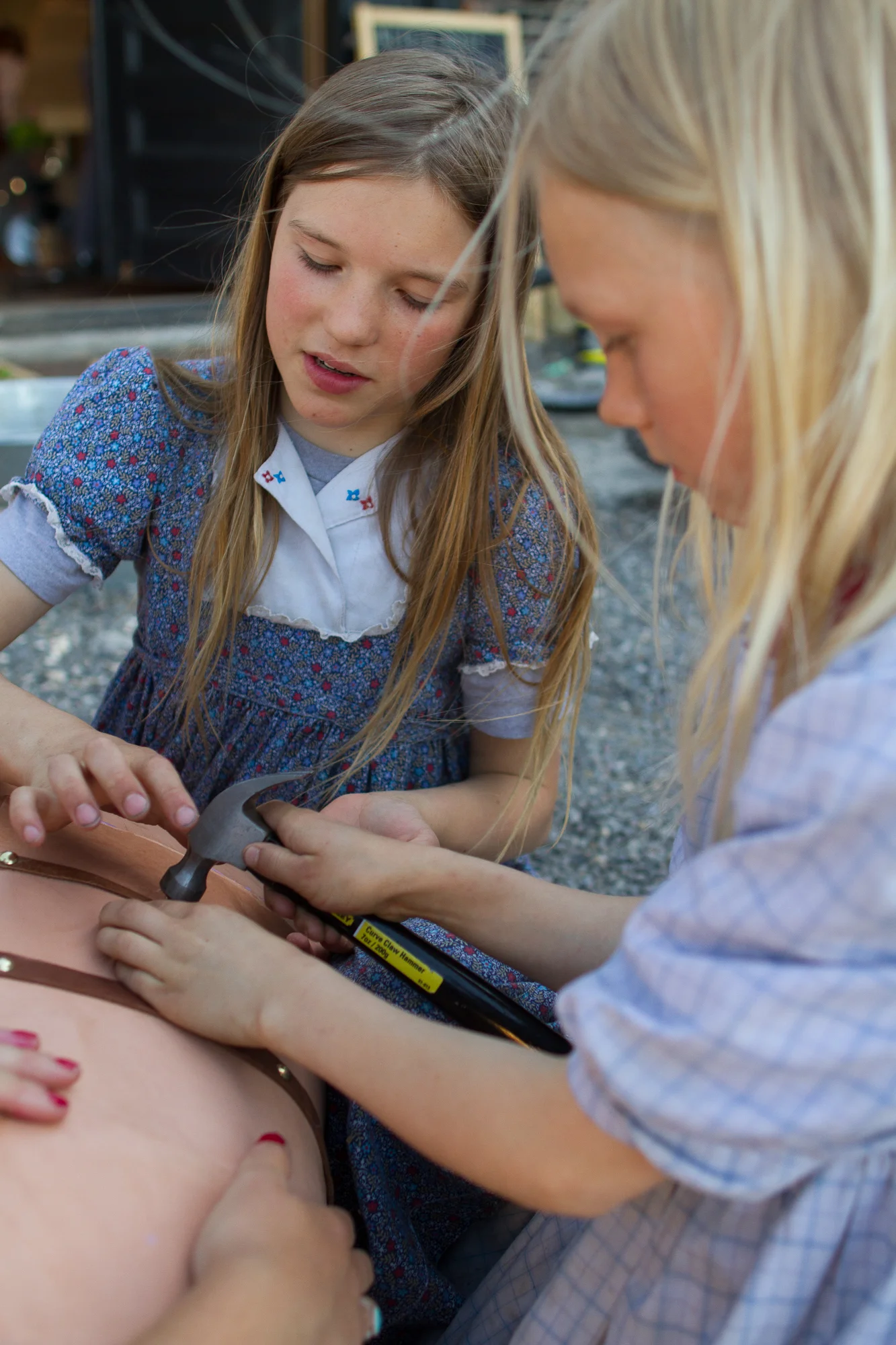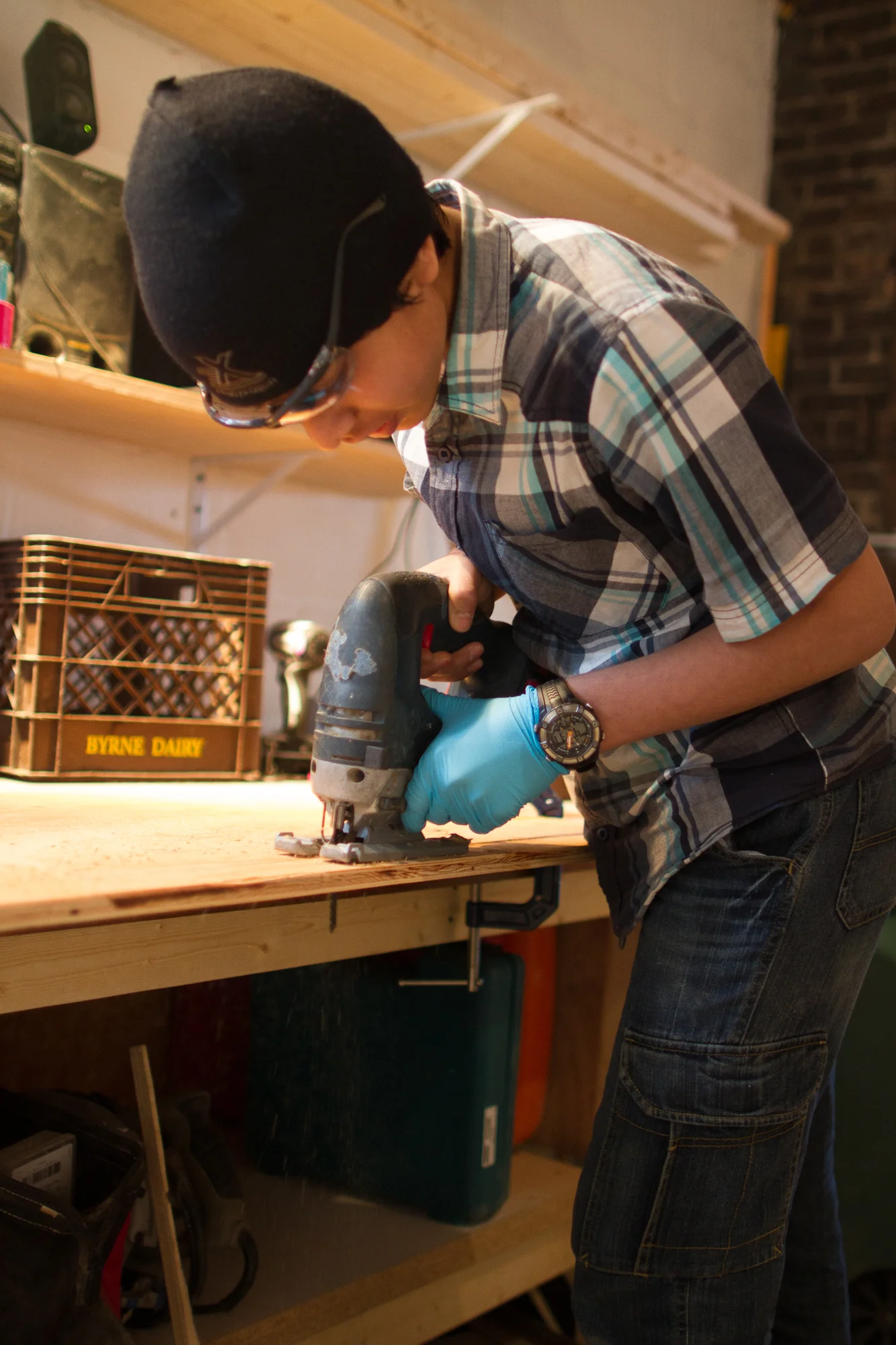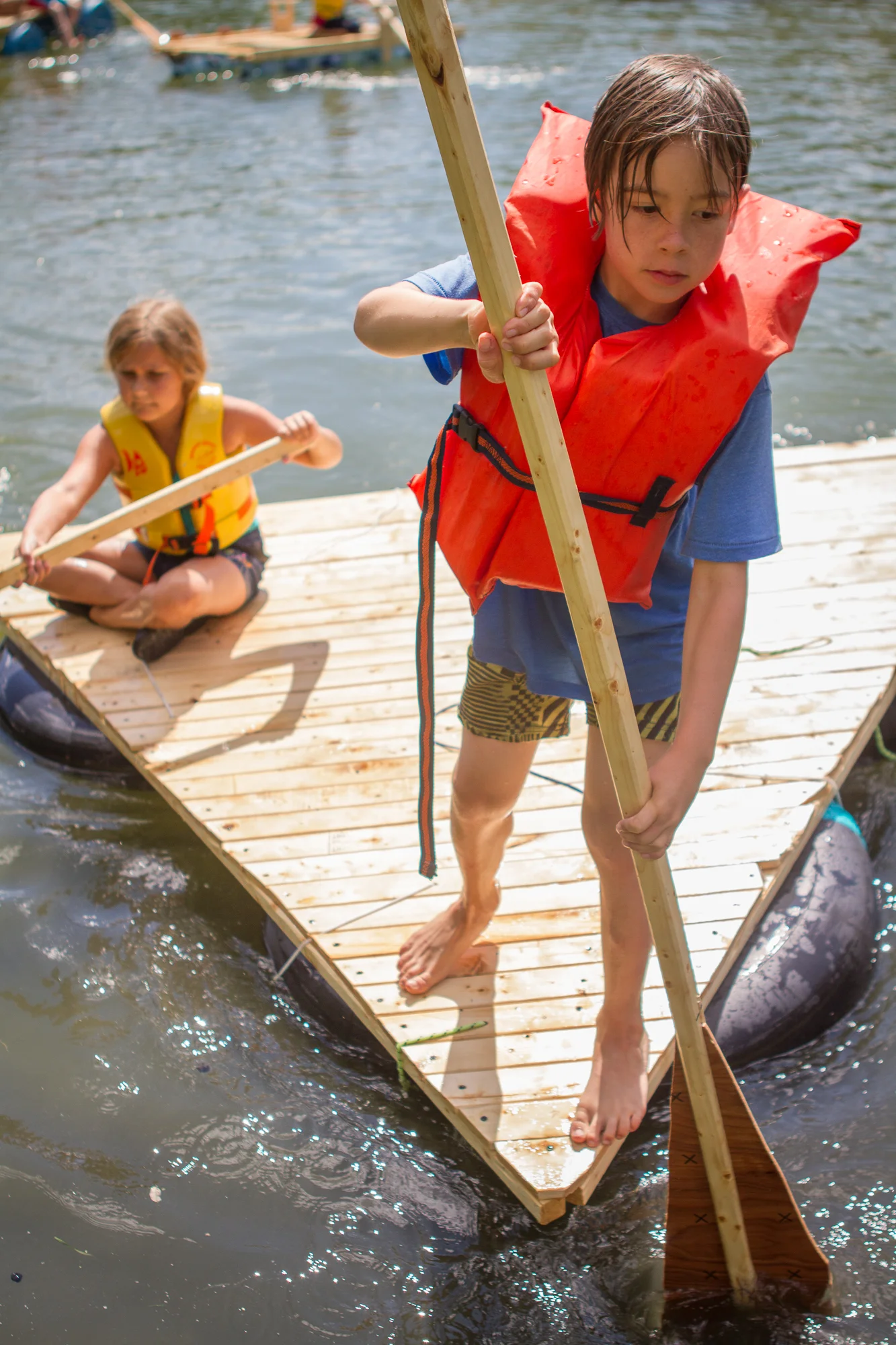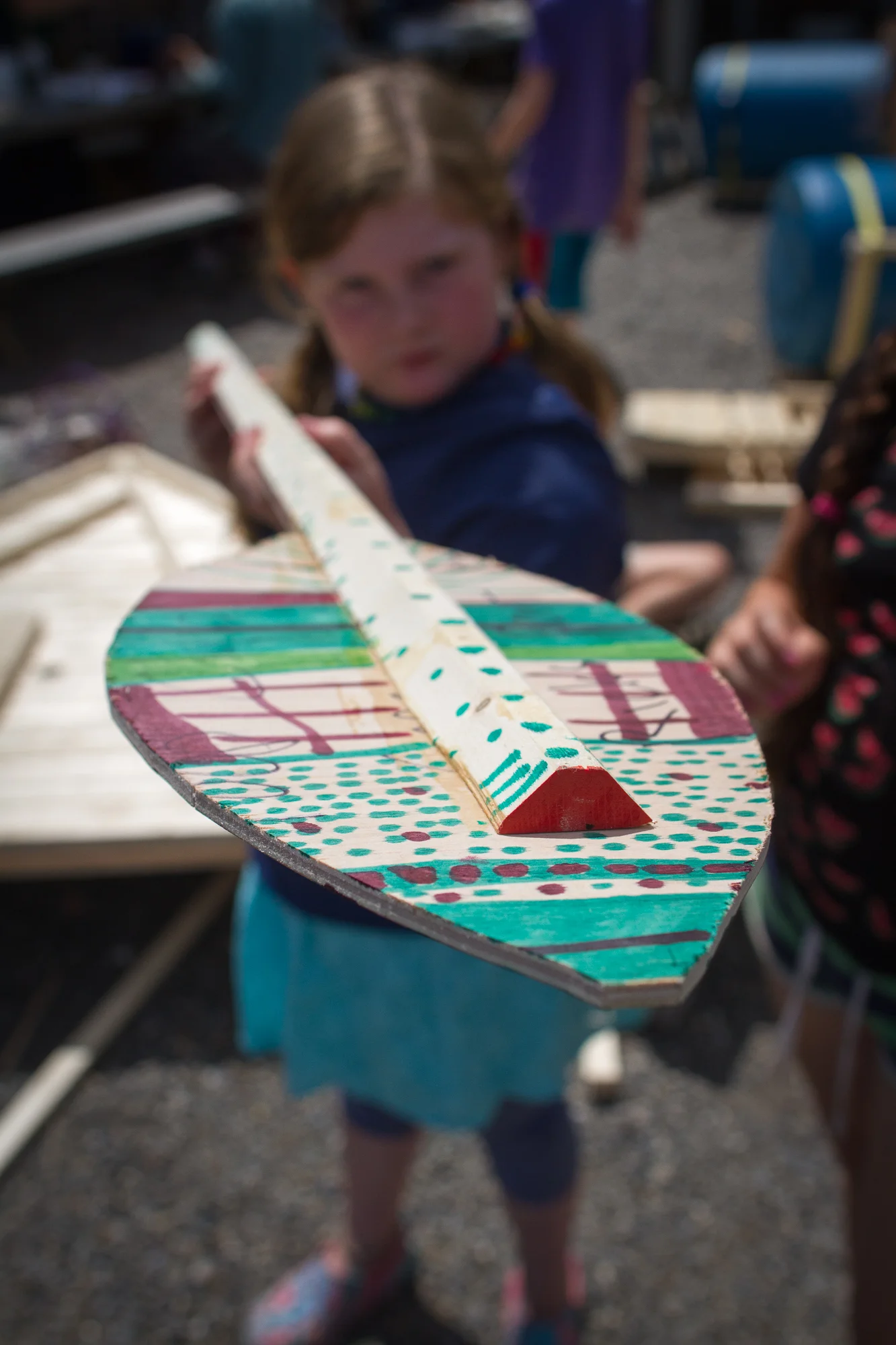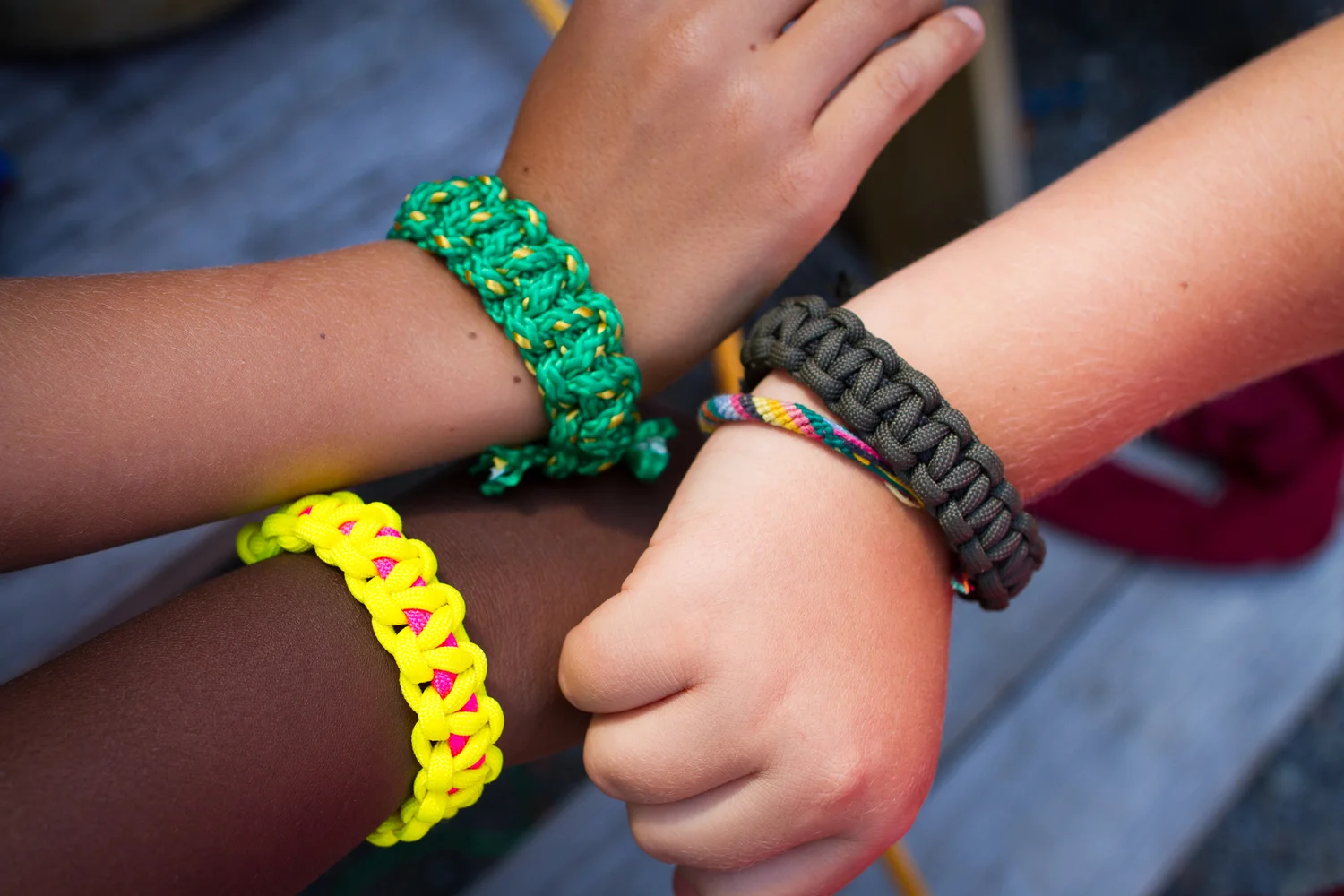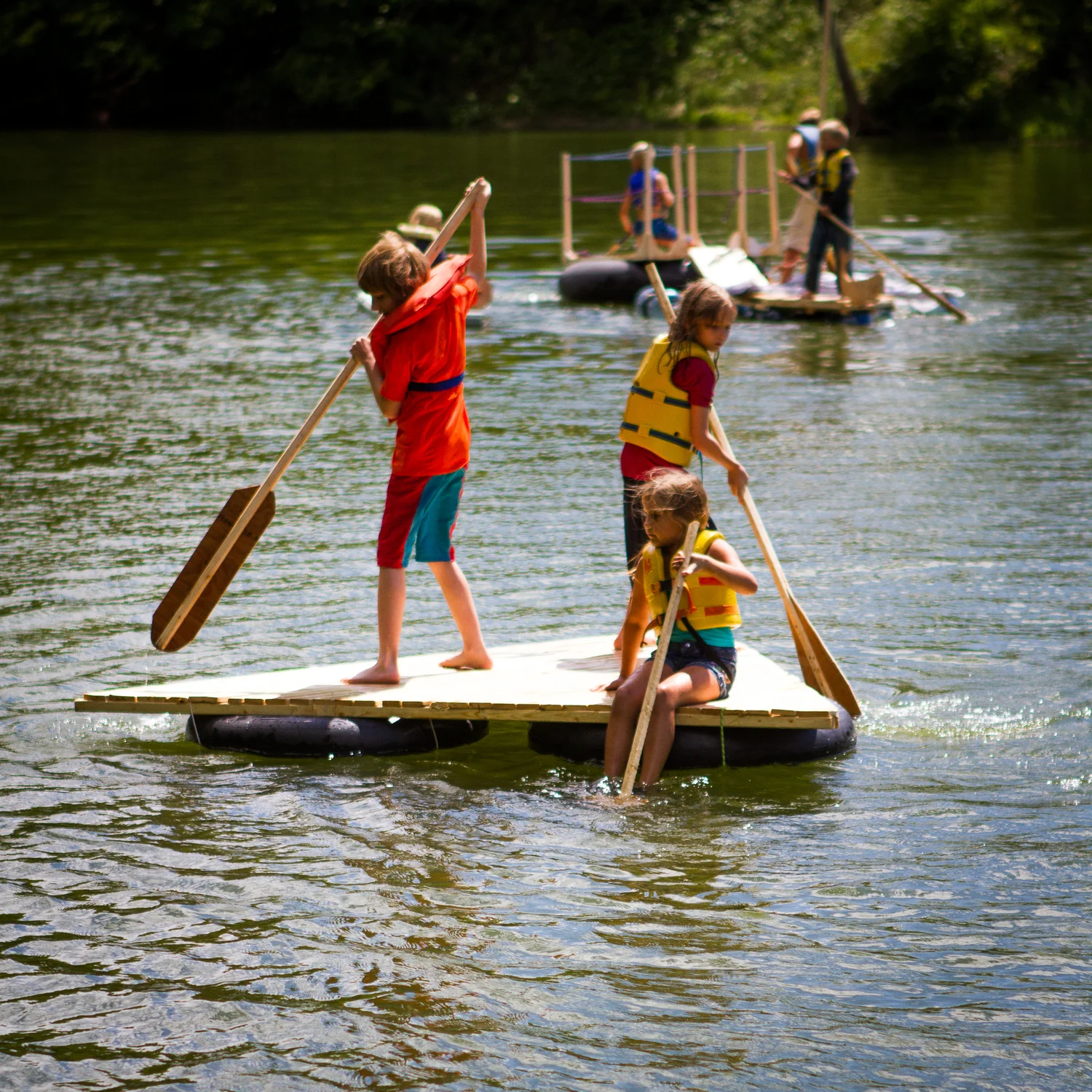PRESENT x GUILDS: A SKETCH FOR A COLLABORATION
CHILD AS ARTIST
ARTIST AS INTERPRETER
The approach that we are enthusiastic about exploring within the context of PRESENT is the creation of a space of inquiry, a physical area on the PRESENT warehouse floor that is designated as a workshop space for young participants, to create an aesthetic interpretation of the experiences they have in connecting with various “communities of practice” that are part of the cultural landscape of Honolulu, as well as with the artists in residence.
Our recommendation is that this space of inquiry occupy a portion of the warehouse floorspace. In this area, young participants will pour out the experiences, sensations, observations, and theories developed through working closely with experts in legitimate spaces of work. The youth program component of PRESENT would connect young people with expert artists, makers, craftspeople, practitioners, and the role of the young participant would be to create an installation in the warehouse site alongside the resident artists. This interpretation - aesthetic, scientific, journalistic, or some mix of all three - will serve to share with the public the aspects of their experiences that the children found to be meaningful.
The role of Guilds in this process is to empower each participating child with a set of critical tools: habits of mind and methods of inquiry that the child brings with them whenever they enter into relationship with a practitioner or explore a new landscape. The employment of this set of observational practices becomes a common thread that connects the various experiences of the child throughout the month.
Guilds will help design a space of inquiry in collaboration with the children, providing a list of basic tools and materials, and working with our expert practitioners to further stock our workshop with materials relevant to our experiences, such as bamboo and natural rope for lashing. Exploring the urban landscape for found materials will be a part of the children’s work as installation artists.
Guilds will then facilitate the group of children in a process of making, in which children will transform a portion of the warehouse into an immersive space that both expresses the child’s interpretation of the stream of experiences they have been immersed in, and induces wonder while acquainting the visitor with the breadth of content explored over the last month.
FROM APPRENTICESHIP
...
A relevant experience we helped to conduct that comes to mind when considering working with PRESENT is a two-part workshop that took place at the Kite's Nest learning center in Hudson, NY. The workshop , called "Hudson Sloop Club" took place over a period of ten weeks in Spring 2013, and then again as a two-week intensive in Summer 2013.
Hudson Sloop Club I focused on traditional wooden boat building, as taught by a master craftsman. From the workshop description:
In this ten week workshop, we explore the boat not only in it’s universal form, but in the specific context of the Hudson River Valley, with a look at the cultures and histories of its watergoing peoples. An exploration of the boat will connect us with the Mahican peoples, descendants of the first inhabitants of the Hudson Valley; the story of first contact between the Mahicans and Henry Hudson, as he sailed up the Hudson River in his vessel the Half Moon; the story of the whaling trade that put Hudson on the map.
The core activity of this workshop will be the building of a traditional planked boat under the guidance of Nick Zachos, a local craftsman trained in boatbuilding at the Carpenter's Boat Shop in Pemaquid, ME. This boat-building process requires much from the young builder. It asks for an understanding of proportion, it requires spatial thinking. It demands things from the character of the builder as well; patience, perseverance, and an awareness of self.
...TO EXPRESSION
In Hudson Sloop Club II, children explored the boat as a form through which to express themselves, their love of the water, and their newfound abilities to shape and manipulate wood using hand and powered tools.
Using the traditional knowledge the had gained in the spring, children played with the very nature of the boat through their designs, experimenting with what happens when function is whimsically subservient to form.


